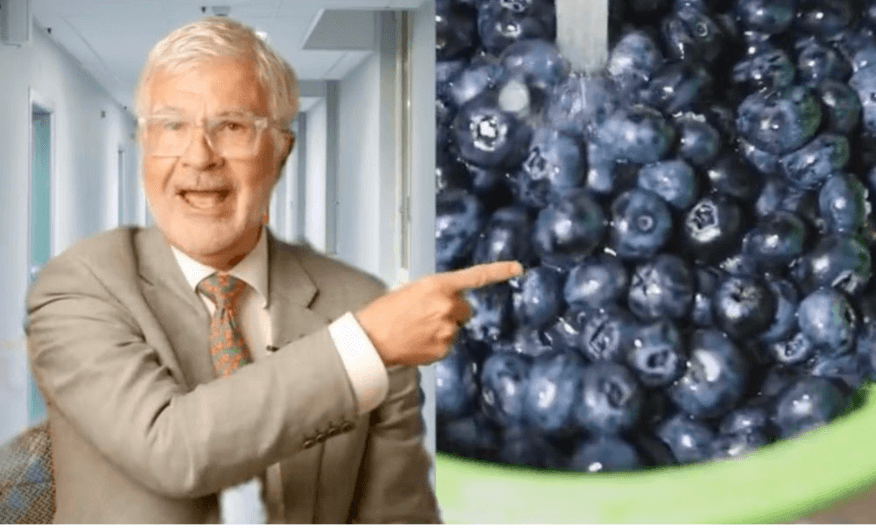The UNTOLD TRUTH About Wisdom Teeth & Cavitations | Dr. Mark Burhenne
Why do so many people today face issues with their wisdom teeth? Traditionally, our ancestors did not require oral surgeons, yet today, this is a rite of passage for most. The primary reason lies in evolutionary changes—particularly in diet and environment over the recent centuries.
Our jaw size has decreased compared to that of our ancestors, but our number of teeth has remained the same. This leads to a cramped dental space. If you imagine our mouth as a storage locker, we've faced the dilemma of fitting an unchanged number of teeth into a smaller jaw space.
The modern diet and environment have hindered jaw development; factors like tongue positioning and whether a child is breastfed or consuming solid foods significantly affect potential dental health. This often leaves little to no room for wisdom teeth, the last to erupt.
Due to spatial challenges in our jaws, many opt to extract wisdom teeth. Consultations with skilled oral surgeons can make a difference in outcomes, as improper extractions can result in issues such as nerve damage.
“Always choose a surgeon who has experience and is there to guide you with post-operative care.”
The diet significantly impacts dental and jaw development, as seen in communities or individuals maintaining traditional diets. Studies on ancient skeletons shed light on how dietary practices ensured room for wisdom teeth without complications.
Philosophically deriving from a healthcare perspective, patients who've adhered to natural or minimal diets exhibit healthier oral developments. Processed foods lack the diligence found in components of ideal dental formation such as hard textures needing sufficient mastication.
Cavitations, mentioned in natural health discussions, are unseen dental lesions resulting from infections post-extraction. Proper diagnosis and treatment by informed dental practitioners is crucial to address this rare phenomenon effectively.
A responsible update regarding cavitations: these occur rarely with proper care. However, if symptoms present post-surgery, patients must seek expert evaluation that goes beyond an x-ray diagnosis to prevent unnecessary surgeries and woes.
From Around The Web
Wellness Inbox is a blog & weekly newsletter that curates trending news and products related to health and wellness from around the web. We also gather content from various sources, including leading health professionals, and deliver it directly to you.
Please note that we may receive compensation if you purchase any products featured in our newsletter. Wellness Inbox is not affiliated with, nor does it endorse, any health professionals whose content may appear in our newsletter. The information provided is for general informational purposes only and should not be considered medical advice.
The information provided is not intended to replace professional medical advice, diagnosis, or treatment. All content, including text, graphics, images, and information available is for general informational purposes only. We do not guarantee the accuracy or completeness of any information presented and assume no liability for any errors or omissions. The content is subject to change without notice. We encourage you to verify any information with other reliable sources and consult your physician regarding any medical conditions or treatments.







